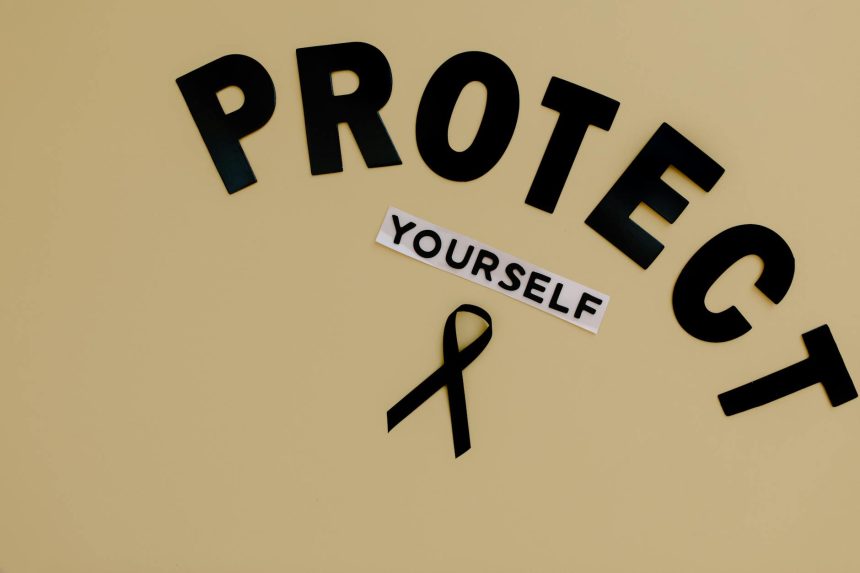## Outline Generation
Supporting a Friend’s Mental Health in College: A Guide
Introduction
College is a time of immense growth and new experiences, but it can also present significant emotional hurdles. Recognizing and supporting a friend’s mental well-being is crucial during these formative years.
Understanding the Challenges of College Life
New environments, academic pressures, social adjustments, and independence can all impact a student’s mental state.
Common Mental Health Concerns for Students
- Anxiety
- Depression
- Stress and burnout
- Loneliness and isolation
How to Support a Friend’s Mental Health in College
Being a supportive friend involves active listening, empathy, and knowing when to encourage professional help.
Key Strategies for Peer Support
- Listen Without Judgment: Create a safe space for them to share their feelings.
- Offer Empathy and Validation: Let them know their feelings are understood and valid.
- Encourage Healthy Habits: Suggest activities like exercise, good sleep, and balanced nutrition.
- Help Them Connect: Encourage participation in clubs or social events to combat isolation.
- Be Patient and Persistent: Mental health journeys can have ups and downs.
- Respect Boundaries: Understand that you are a friend, not a therapist.
Recognizing Signs of Distress
Subtle changes in behavior can signal that a friend is struggling.
Observable Warning Signs
- Significant changes in sleep or appetite
- Withdrawal from social activities
- Decreased academic performance
- Increased irritability or mood swings
- Loss of interest in previously enjoyed activities
- Talk of hopelessness or self-harm
Campus Resources for Mental Health Support
Colleges offer a range of services designed to help students navigate mental health challenges.
Where to Find Help on Campus
- University Counseling Centers: Confidential support from trained professionals.
- Health Services: Often provide initial assessments and referrals.
- Resident Advisors (RAs) and Hall Directors: Trained to offer support and guide students to resources.
- Academic Advisors: Can offer support with academic stress and workload management.
- Student Support Services: Various departments dedicated to student well-being.
Don’t hesitate to explore the National Institute of Mental Health’s resources for more information on college student mental health. Additionally, StudentAffairs.com offers valuable insights and strategies.
When to Seek Professional Help
While peer support is invaluable, there are times when professional intervention is necessary.
Signs Indicating Professional Help is Needed
- If your friend expresses thoughts of harming themselves or others.
- If their struggles significantly interfere with their daily functioning.
- If they are experiencing severe anxiety or panic attacks.
- If they are using substances to cope.
Encouraging your friend to reach out to the campus counseling center or a trusted adult is a sign of true care.
Conclusion
Supporting a friend’s mental health in college is a vital aspect of friendship. By being an attentive listener, offering empathy, and knowing when to direct them to professional resources, you can make a significant positive impact.
© 2025 thebossmind.com
Featured image provided by Pexels — photo by Tara Winstead



